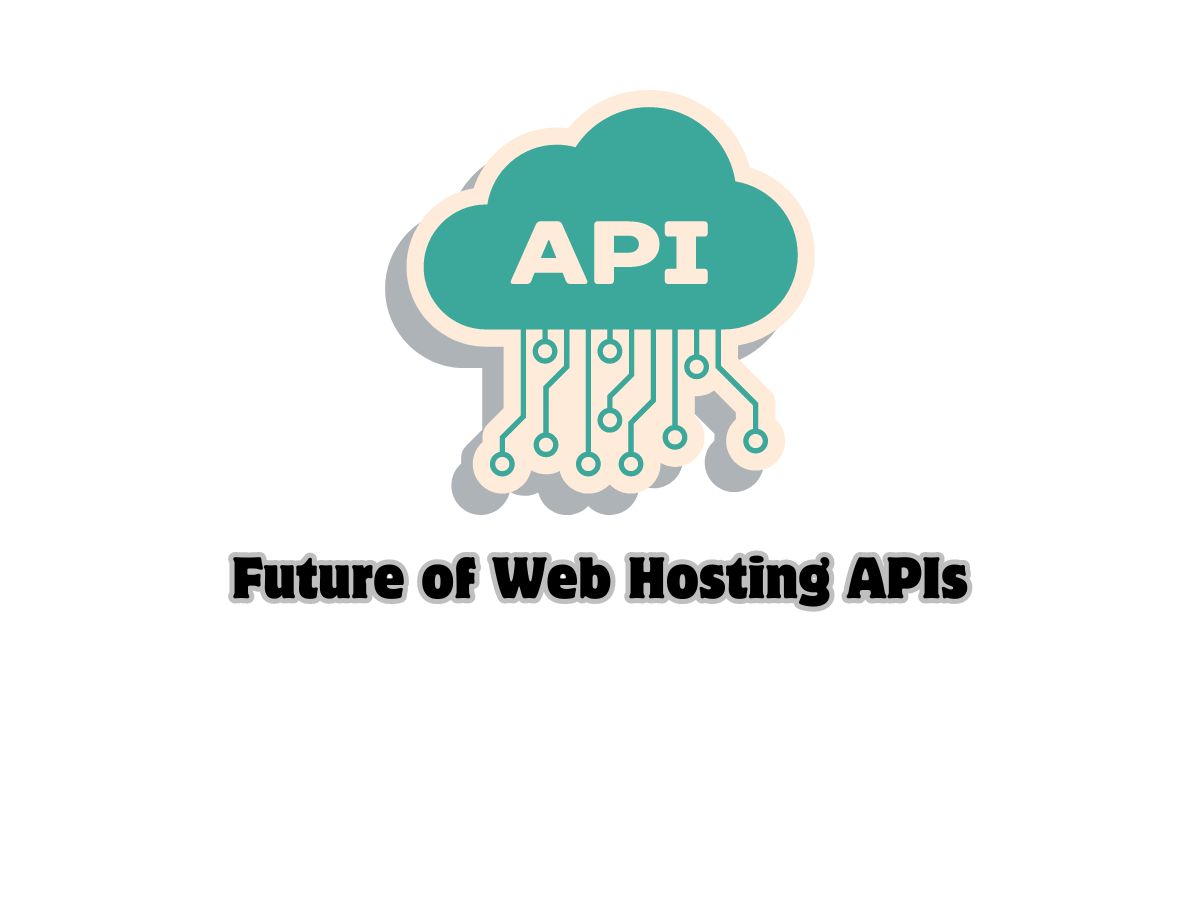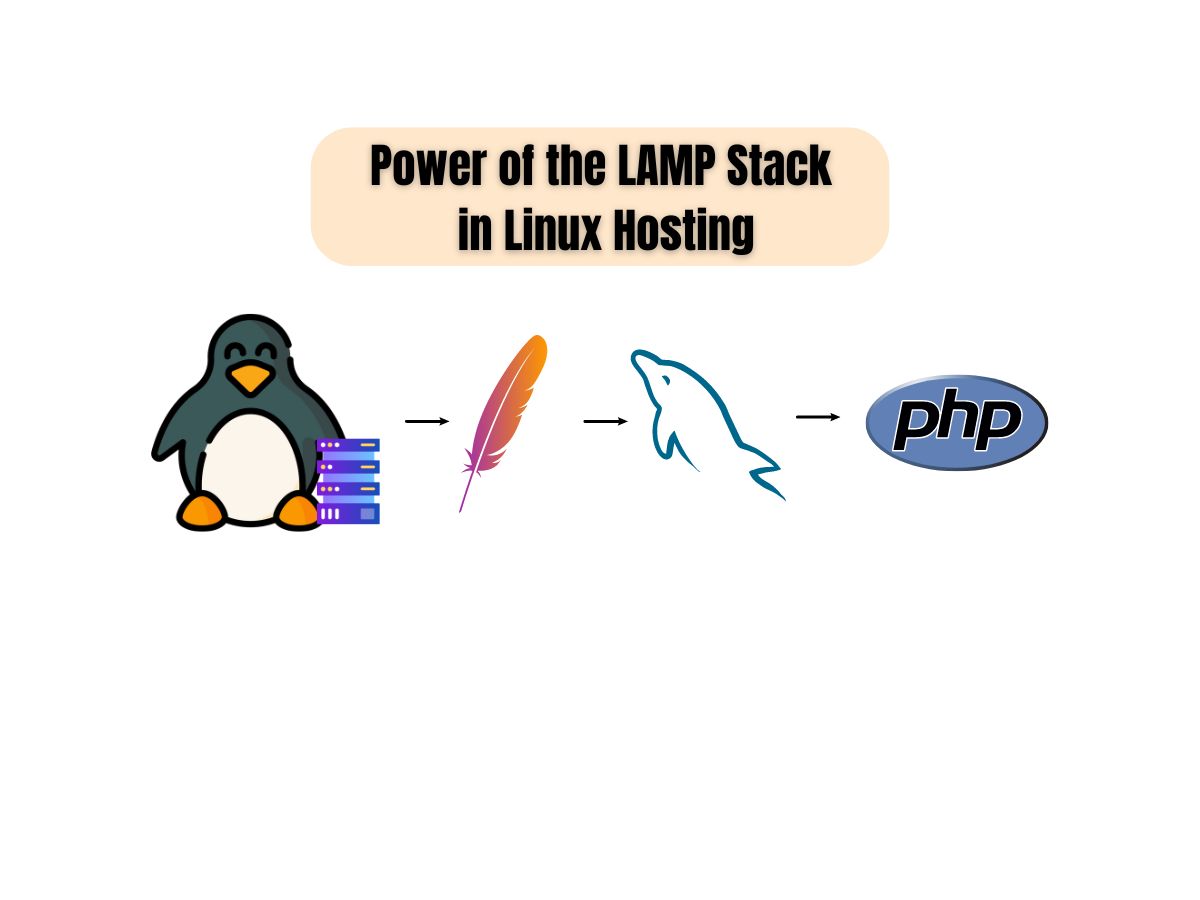
The Impact of Infrastructure Maintenance in Managed Hosting
Managed hosting services have become increasingly popular among businesses seeking reliable and hassle-free hosting solutions. These services offer a range of benefits, including enhanced security, improved performance, and round-the-clock technical support. However, one aspect that is often overlooked but critically important is infrastructure maintenance. In this article, we’ll explore the impact of infrastructure maintenance in managed hosting and why it’s crucial for the success of businesses online.
1. Ensuring Reliability and Uptime
Infrastructure maintenance is essential for ensuring the reliability and uptime of managed hosting services. Regular maintenance tasks, such as software updates, hardware upgrades, and network optimization, help prevent system failures and downtime. By proactively addressing potential issues, managed hosting providers can minimize service disruptions and ensure that their clients’ websites and applications remain accessible to users at all times.
2. Enhancing Security
Maintaining a secure infrastructure is paramount in managed hosting to protect against cybersecurity threats and data breaches. Regular security updates, patches, and vulnerability scans are essential to address potential security vulnerabilities and ensure that the hosting environment remains secure. Additionally, managed hosting providers often implement robust security measures, such as firewalls, intrusion detection systems, and DDoS protection, to safeguard their clients’ data and applications from malicious attacks.
3. Optimizing Performance
Infrastructure maintenance plays a crucial role in optimizing the performance of thishosting environments. By regularly monitoring and fine-tuning server configurations, hardware resources, and network infrastructure, providers can ensure optimal performance for their clients’ websites and applications. Performance optimization includes load balancing, caching, CDN integration, and database optimization. These measures improve page load times. Together, they enhance the user experience.
4. Compliance with Regulations and Standards
Many industries are subject to regulatory requirements and compliance standards governing data security and privacy. Managed hosting providers must ensure that their infrastructure meets these regulations and standards to avoid potential legal and financial consequences. Maintenance activities like data encryption and access controls ensure compliance with GDPR, HIPAA, and PCI DSS. These practices provide businesses with peace of mind. They know their hosting environment is secure. Overall, this fosters a compliant and safe operational framework.
5. Supporting Scalability and Growth
Infrastructure maintenance is also essential for supporting the scalability and growth of businesses hosted on managed platforms. As businesses grow, hosting providers must adapt their infrastructure to meet increasing resource and performance demands. Scalability features such as auto-scaling, resource provisioning, and capacity planning ensure that businesses can scale their hosting environment seamlessly without experiencing performance bottlenecks or downtime.
Conclusion of The Impact of Infrastructure Maintenance in Managed Hosting
In conclusion, infrastructure maintenance is a critical component of managed hosting services, with a significant impact on reliability, security, performance, compliance, and scalability. By investing in proactive maintenance and regular updates, managed hosting providers can ensure that their clients’ websites and applications remain secure, stable, and accessible, ultimately contributing to the success and growth of their businesses online. As businesses continue to rely on managed hosting for their digital infrastructure, the importance of infrastructure maintenance will only continue to grow in the years to come.







